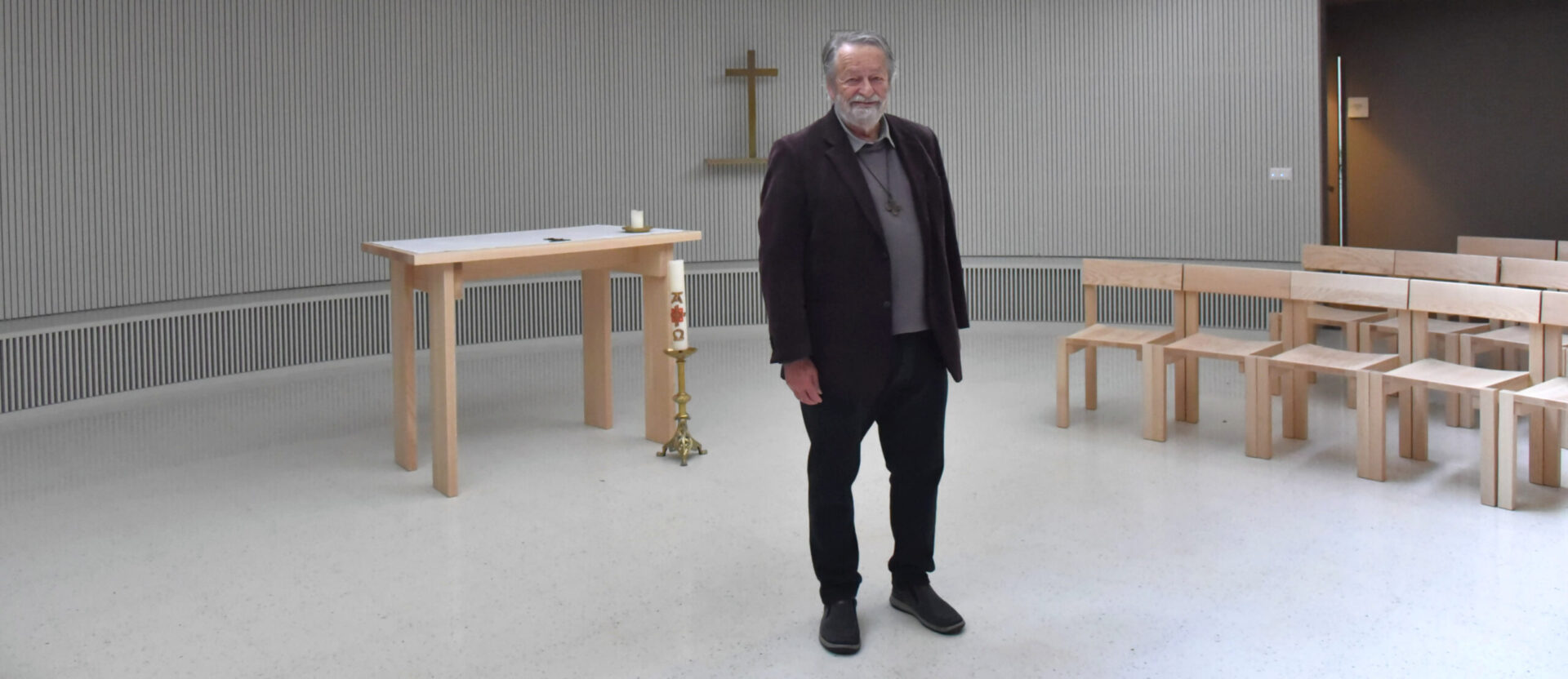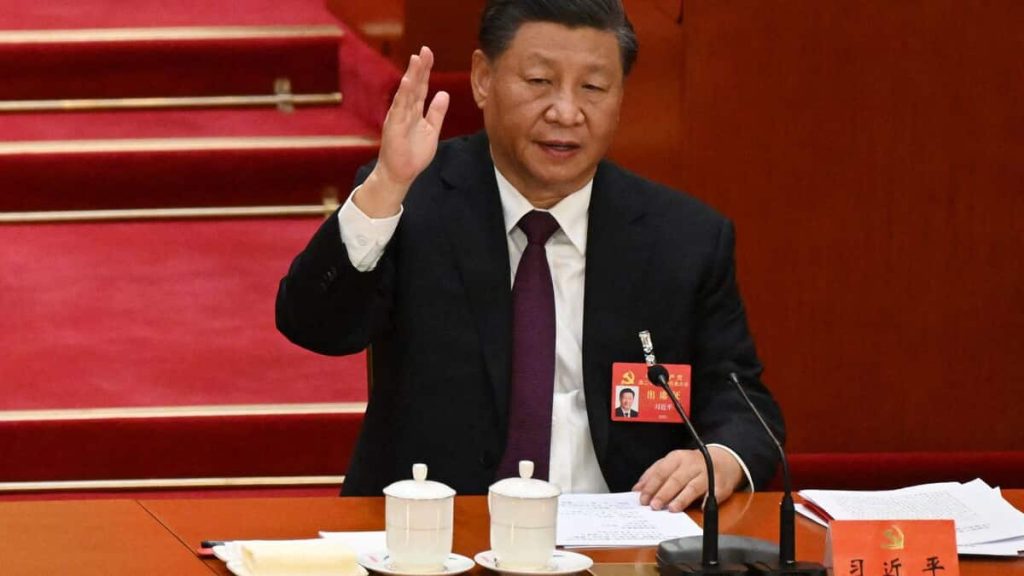The Chinese Communist Party ended its congress in Beijing on Saturday, which should crown President Xi Jinping for a third term and chart China’s political future for the next five years.
• Read also: Take former Chinese President Hu Jintao abroad
“He dared to fight for victory,” Xi Jinping said triumphantly after the closing ceremony at the People’s Palace, a massive Soviet-style building that dominates Tiananmen Square.
This conference is on the 20the Since the establishment of the Communist Party of China in 1921, it has occurred in the delicate context of China, as it has faced a slowdown in its growth due to frequent restrictions and diplomatic tensions with the West.
Over the past week, some 2,300 delegates handpicked by various party authorities gathered behind closed doors in Beijing, aiming to reform the party’s management team, the world’s second-largest economy, and chart the country’s future directions.
Xinhua reported that the formation of the new Central Committee, a kind of internal party “parliament”, had been approved, but did not reveal a list of about 200 members.
AFP journalists noted an unusual scene at a meticulously choreographed party, in which former President Hu Jintao was escorted outside.
Apparently against his will, the 79-year-old, who served as China’s president from 2003 to 2013, was pressured by staff to stand up from his seat next to Xi Jinping. The scene was not immediately explained or reported by state media.
On Sunday, Xi Jinping will likely be reappointed as general secretary of the Communist Party of China after the first meeting of the revamped Central Committee, which has about 200 members.
A simple formality, the measure should allow Xi Jinping to win an unprecedented third five-year term next March.
“This third period will put an end to three decades of (framed) power transition” in China, notes Neil Thomas, an analyst at Eurasia Group.
To stay in power, the Beijing strongman in 2018 removed the two-term limit. Thus, Xi Jinping, 69, could theoretically head the People’s Republic for life.
Analysts and the media speculate that Xi Jinping might want to change his post title to “Party Chairman,” a title once held by the founder of Mao Zedong’s regime (1949-1976).
A change can also be made to the PCC charter. In 2017, a reference to “Xi Jinping Thought on Socialism with Chinese Characteristics for a New Era” was included.
This reference was added the following year to the country’s constitution.
This conference should also lead to a broad reconfiguration of the Politburo Standing Committee.
The new composition of this currently powerful seven-member body – which holds the truth about power in China – will be revealed on Sunday.
According to unwritten tradition, some current members reach the age at which they are supposed to retire.
According to custom, the members of the Standing Committee will be announced in order of importance, headed by the Secretary-General.
A priori, he will be number two or three as the next prime minister to succeed Li Keqiang next March.
Among the names mentioned to replace him are: Wang Yang, who is considered one of the most liberal voices in the party, or the current deputy prime minister is Chun Hua.
Also expected is Li Qiang, the party leader in Shanghai, despite his chaotic management of containment in the spring.
The new standing committee will consist of the “majority of personalities loyal to Xi Jinping,” minor members of Nis Grünberg, of the Mercator Institute for Chinese Studies (Merics) in Berlin.
Many geologists believe that no potential successor should emerge.
Since coming to power at the end of 2012, Xi Jinping has accumulated power at the top of the world’s second power and presided over the consolidation of the regime’s power.
Party leader, army chief, head of state … The leader called for the continuation of his policies during a victory speech at the opening of the congress.
Thus, the “zero COVID” strategy should continue despite its adverse consequences for the economy and growing population discontent with the restrictions imposed on the virus.
Beyond the cautious diplomacy of his predecessors, Xi Jinping must make China’s voice more heard, even if it means increasing tensions with the great American rival, particularly over the question of Taiwan.
Xi Jinping is above all “extremely concerned about the security of the system”, assure analysts from SinoInsider, a firm specializing in Chinese politics. The term was mentioned 91 times in his address last Sunday, more than any other topic.

“Total coffee aficionado. Travel buff. Music ninja. Bacon nerd. Beeraholic.”







More Stories
The world in pictures | Journalism
[IMAGES] Someone tries to set himself on fire outside Trump's courthouse
“Extreme” cruelty to animals: Two children sentenced for killing about twenty animals